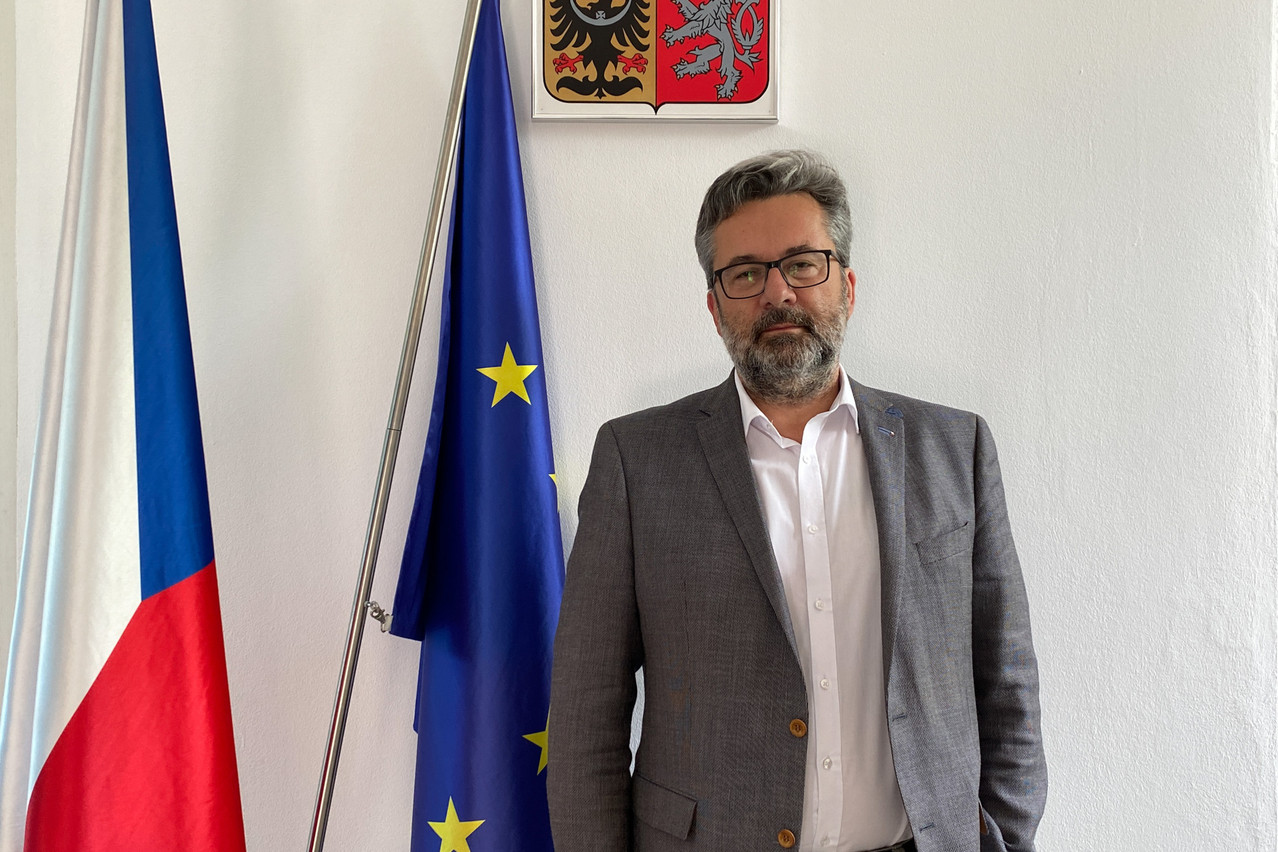When Czechia first took over the Council presidency in 2009, it did so during a financial crisis and a gas crisis. While its second turn at the wheel of the EU institution is not exactly a déjà vu, many see the Czech presidency playing a crisis management role. The war in Ukraine, the energy crisis and current inflation trend necessitate solutions in the short term as European leaders expect a tough winter period. The challenge for the Czech presidency will be balancing between making sure the EU has enough natural gas stored to deal with a Russian supply interruption and staying on course in the energy transition by not committing to any long-term fossil fuel contracts.
“If you look at the political priorities of the presidency, it's obvious that [reacting to the repercussions of the war in] Ukraine is a central line and a central piece of all those five political priorities. And it couldn't be different,” Bärtl told Delano. “But it doesn't mean at all that the presidency and the trio [of member states holding the Council presidency for a set period] is giving up on the long-term files.”
The top priority of the presidency has been identified as managing the refugee crisis and Ukraine’s post-war recovery. Ensuring education for children and participation in the labour market for those who fled the war are outlined as some of the Czechs’ programme’s first steps. Assisting Ukraine in restoring critical infrastructure and ensuring basic services are also part of their agenda. Energy security via breaking dependance on Russian gas, strengthening the EU’s defence capabilities, economic resilience and democratic stability have been fixed as the other four priorities for this presidency term.
Czechia's commissioner Věra Jourová who is in charge of the Values and Transparency portfolio expressed her optimism of the Czech Council presidency's prospects in a Tweet.
The Czech republic’s three-party coalition government assumed power in December and will no doubt see the Council rotating presidency as an opportunity to prove itself on the international stage. Municipal and senate elections, set for September and October, would also be affected by how well the country is doing during its EU term. For Bärtl, the Czech government is well prepared to translate its coalition governing ability on the European stage.
“[The Czech] government is formed by a coalition. On European level, this coalition is represented by conservatives and greens. And finding a consensus on the national level gives a pretty good prerequisite for being able to moderate this debate on European level,” he says.
The first challenge for the Czech presidency will come as soon as the first half of July. The Council and the European Parliament have until 11 July to decide whether or not to veto the Commission’s proposal to label nuclear and natural gas as green investments while also finding common ground on hydrogen rules. The Council, presided by the Czechs, will likely play a mediator role in search of a consensus that will keep climate-conscious countries satisfied while ensuring energy stability in the EU.
